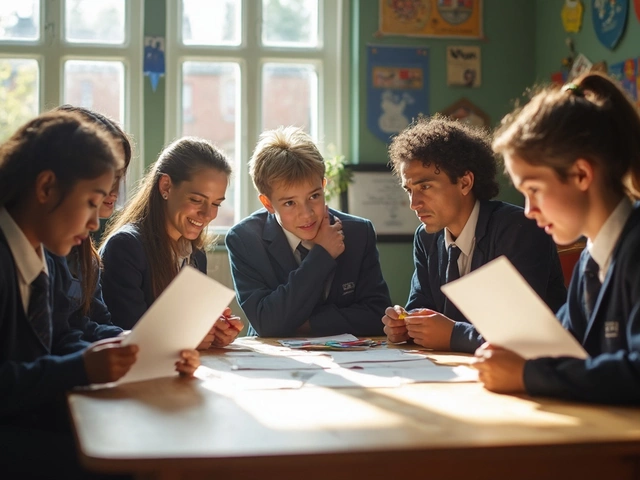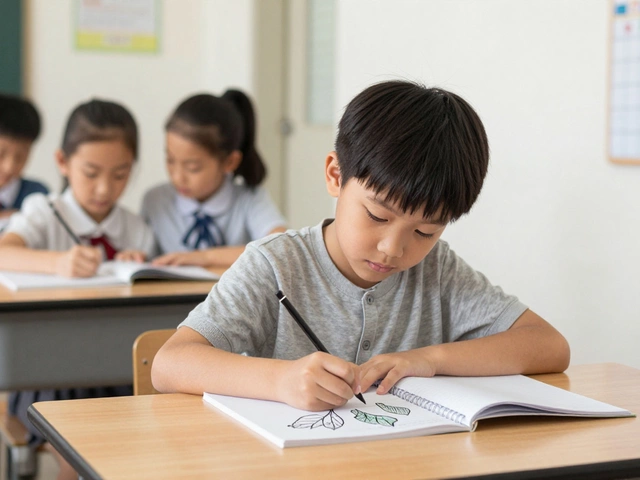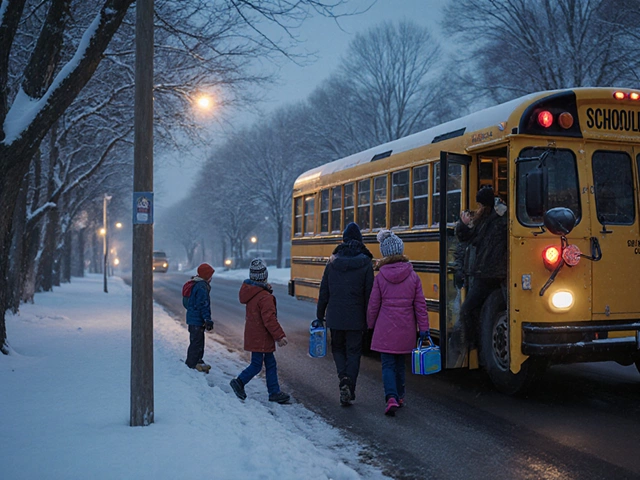Preschool Benefits – What Parents Need to Know
Imagine your child walking into kindergarten with confidence, curiosity, and basic reading skills. That’s what a good preschool experience can do. It’s not just about playing with blocks – it’s about building a foundation that helps kids learn faster, make friends easier, and handle new challenges without panic.
Cognitive Gains
Preschool introduces kids to simple math, letters, and problem‑solving activities. When a child matches shapes or counts objects, the brain makes new connections that last a lifetime. Studies show that children who attend preschool score higher on reading and math tests in later grades. The trick is to keep activities short, fun, and hands‑on. A five‑minute counting game with snacks or a puzzle that fits together in ten minutes does the job better than a long lecture.
Social & Emotional Growth
In a classroom, kids learn to share, wait their turn, and resolve conflicts. These skills are hard to practice at home where there’s only one sibling or parent. When a child learns to say "sorry" or ask for help, they are building emotional intelligence that will help them in friendships, sports, and later at work. Role‑play games, circle time, and group art projects give kids safe spaces to practice these interactions.
Another big plus is routine. A preschool schedule—arrival, activity, snack, outdoor play, goodbye—teaches children that the world follows patterns. This predictability reduces anxiety when they face new situations, like a doctor’s visit or a family trip.
Preschool also sparks independence. Kids learn to put on their shoes, open a snack bag, or clean up toys without a parent hovering. Those tiny victories boost self‑esteem and make the transition to primary school smoother. When teachers encourage a child to try a new task, the child learns that effort matters more than perfection.
For parents, the benefits spill over at home. Children who come home with stories about letters or numbers are more likely to ask questions, read books, or count objects around the kitchen. This creates a learning loop that continues outside the classroom.
Choosing the right preschool matters. Look for a place that mixes structured learning with plenty of free play, has low teacher‑to‑child ratios, and promotes a respectful, inclusive environment. A teacher who greets each child by name and listens to their ideas signals that every voice counts.
Bottom line: preschool isn’t just a babysitting option. It’s a launch pad for cognitive, social, and emotional growth. By giving kids a chance to explore, experiment, and interact, you set them up for better grades, stronger friendships, and a lifelong love of learning.






